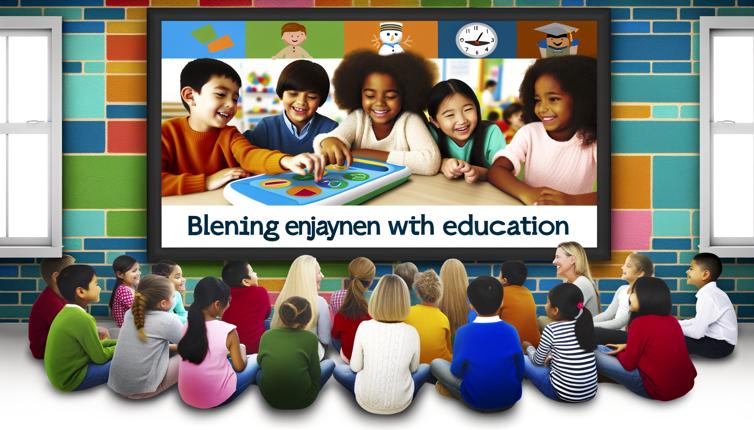The Power of Educational Games
Educational games offer a unique opportunity to engage players in interactive experiences that go beyond traditional teaching methods.,Through games, players can step into the shoes of characters from different cultural backgrounds, genders, and experiences, allowing them to gain a deeper understanding of various perspectives.,These games often incorporate diverse characters, storylines, and scenarios, challenging players to think critically and empathetically about the challenges and experiences faced by individuals who are different from themselves.,By immersing themselves in these virtual worlds, players can develop a sense of empathy, compassion, and tolerance, which are essential qualities for creating a more inclusive society.
Selecting Diverse Game Choices
When choosing educational games, it is important to consider their diversity and inclusivity. Look for games that feature a wide range of diverse characters, storylines, and themes.,Games that include characters from different cultural backgrounds, genders, abilities, and identities allow players to see themselves reflected in the virtual world and help break down stereotypes.,Additionally, games that address important social issues, such as racism, discrimination, and inequality, provide opportunities for players to explore and challenge their own biases.,By selecting diverse game choices, educators and parents can create an environment that promotes inclusivity and encourages open discussions about different perspectives.
Facilitating Discussions
Educational games are not only valuable for their content but also for the conversations they inspire.,Teachers and parents can use games as a starting point for discussions about diversity, inclusion, and empathy.,By asking open-ended questions and encouraging reflection, educators can guide students to think critically about the experiences presented in the game and relate them to real-life situations.,These discussions provide opportunities for students to share their thoughts, ask questions, and learn from each other's perspectives, fostering a sense of understanding and empathy among the players.
Conclusion
Educational game choices have the potential to promote diversity, inclusion, and the embracing of different perspectives. By immersing players in diverse virtual worlds, these games can cultivate empathy, spark conversations, and encourage individuals to challenge their own biases. By consciously selecting diverse game choices and facilitating meaningful discussions, educators and parents can create an environment that nurtures inclusivity and helps prepare future generations to navigate our diverse world with understanding and respect.









